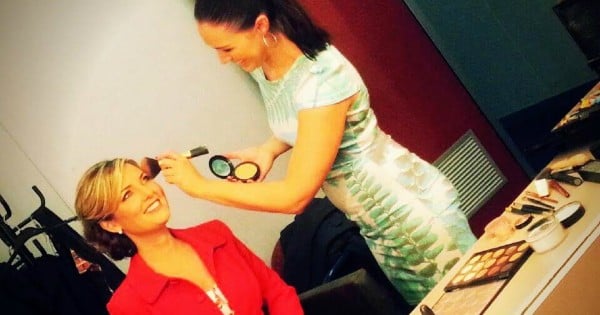
Kerryn Johnston has read regional news for WIN and Prime Television for 25 years. She recently resigned to spend more time with her ‘tween’ children. Here, for the first time, she writes about her battle with the debilitating anxiety that crept up on her a few years ago, and threatened to derail her career.
I read live television news for twenty-five years. For the last three, I battled crippling anxiety. I know it’s become a buzz word and I am ashamed to say that I used to scoff at those who said they suffered from it. I thought it was the hypochondriac’s version of being ‘under the pump’ until I suffered my first attack, live on air.





Top Comments
Thank you Kerryn for coming out about your anxiety; hopefully it reduces stigma.
I have watched Kerryn on our screens in the Illawarra for the last 14yrs (since we moved here 15yrs ago). She is the consummate professional, Kerryn if you read this your anxiety was never evident to me.
I am living with debilitating anxiety and major depression at the moment so I honestly cannot imagine having to process through an anxiety attack on the tv screen and keep it all together. Truly you are amazing.